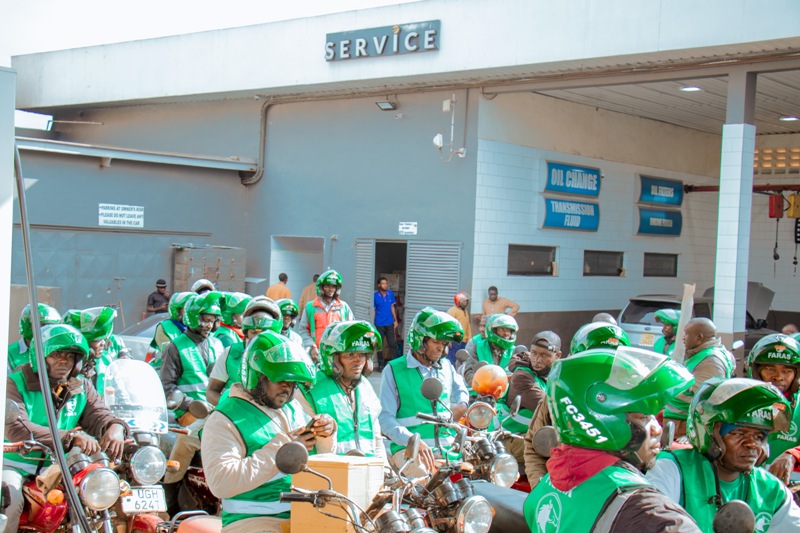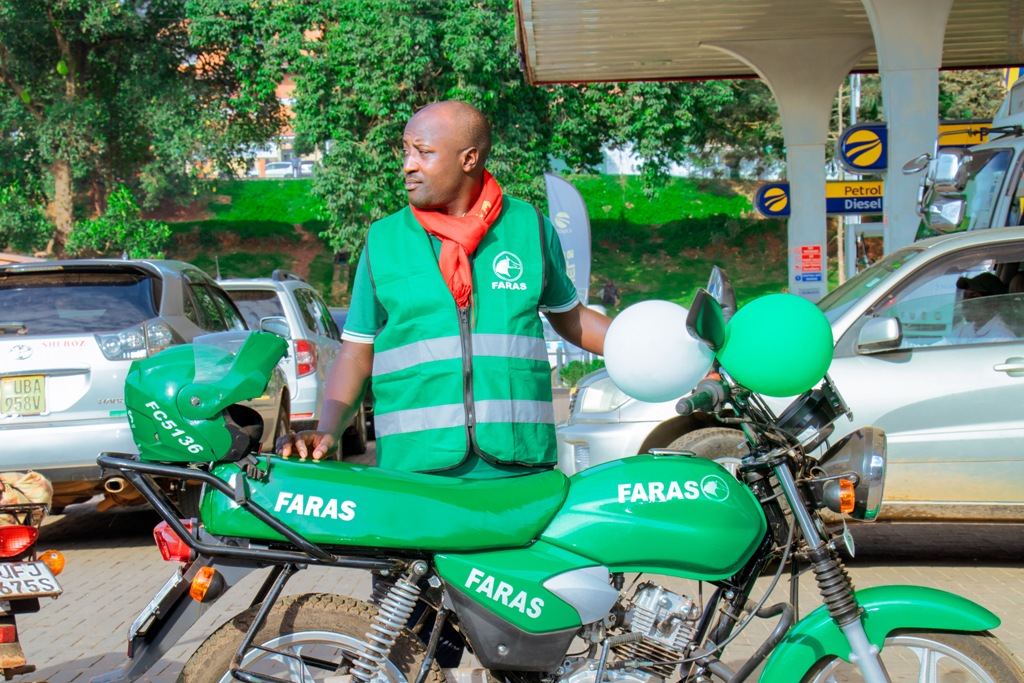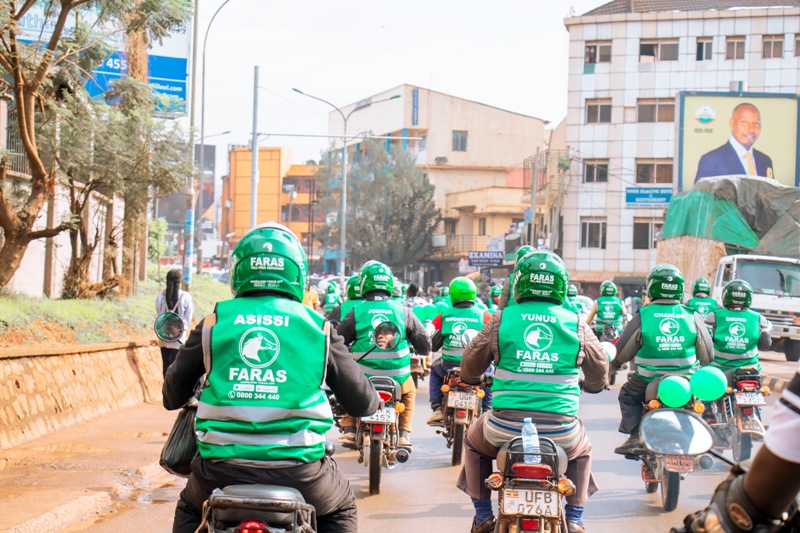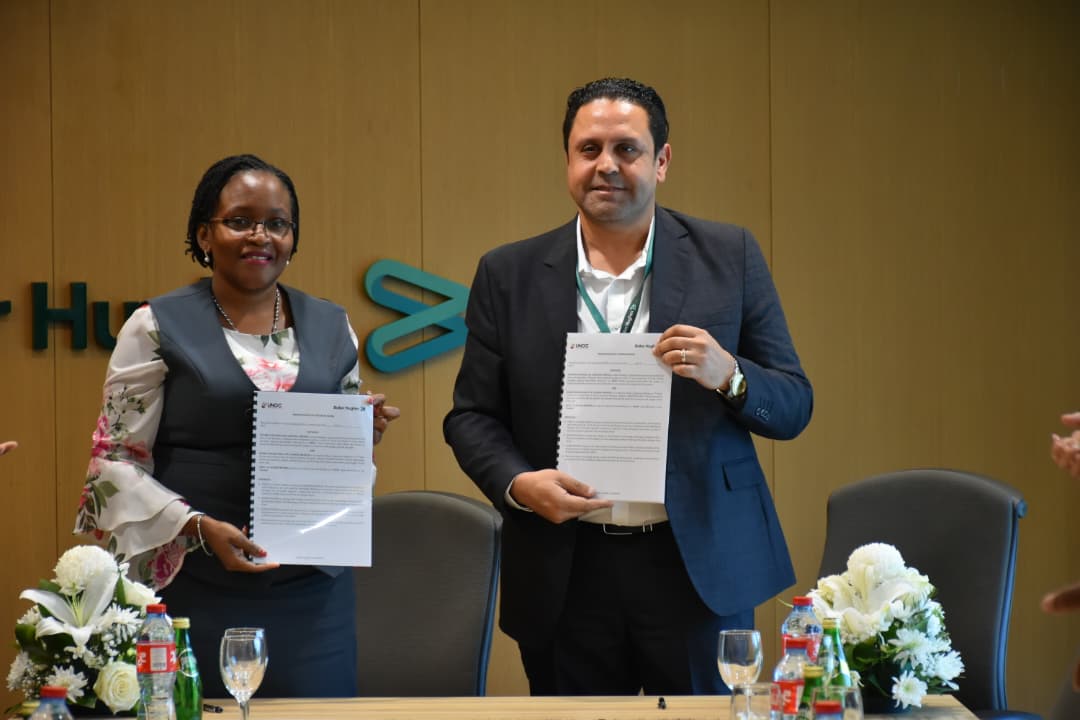Faras Uganda spearheads pivotal road safety campaign, equipping riders and first responders to tackle accidents
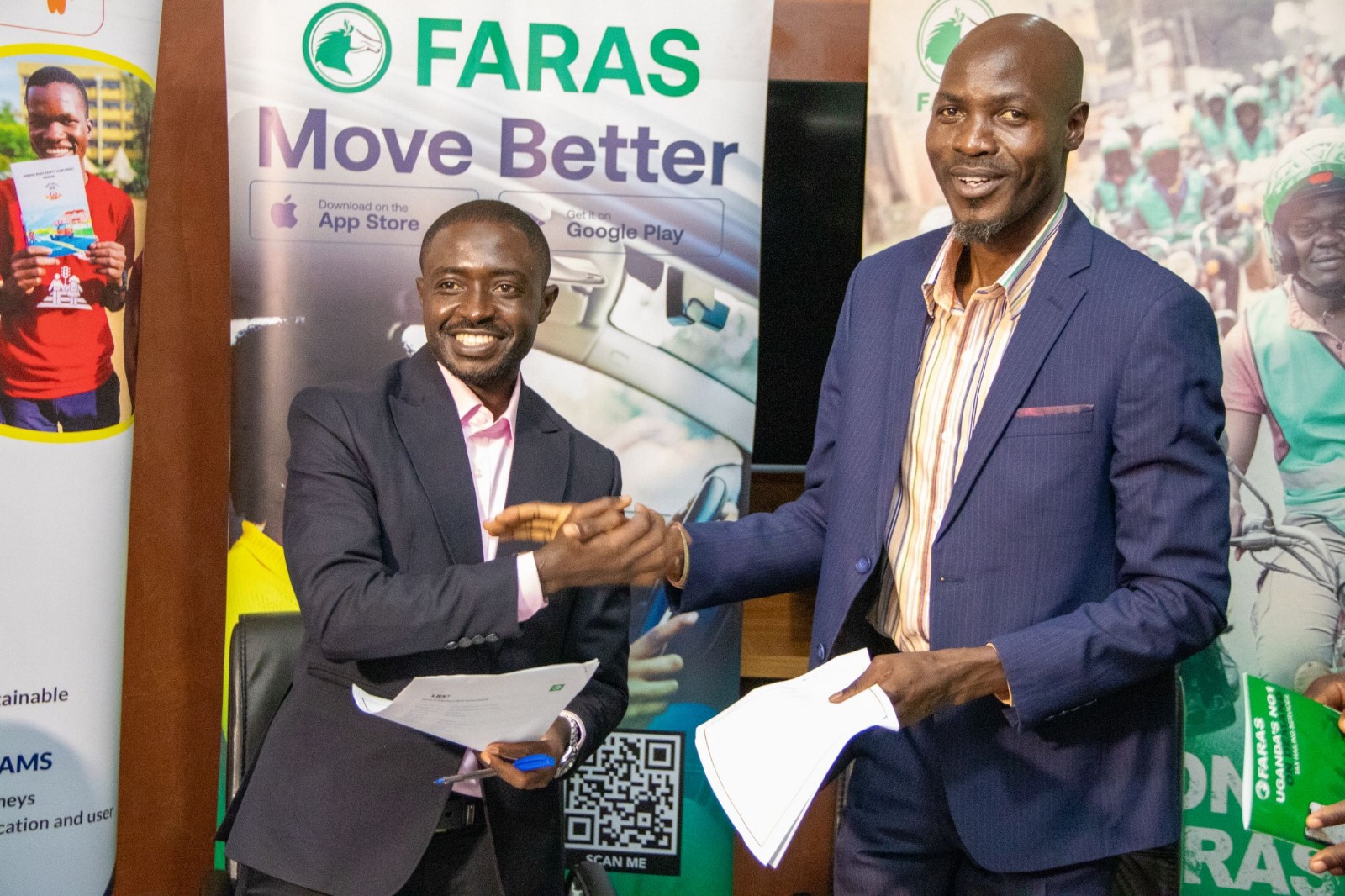
In a significant stride towards enhancing public safety and fulfilling corporate social responsibility, Faras Uganda, a prominent player in the nation’s ride-hailing sector, recently launched extensive and multi-pronged road safety campaigns.
The initiatives aim to drastically reduce accident rates by equipping its vast network of boda-boda riders and car riders with essential skills and protective gear, while also training community first responders to manage accident scenes effectively.
One critical component of this campaign is a robust partnership with the Legacy Road Safety Initiative (LRSI), an NGO dedicated to promoting the safety of vulnerable road users.
Under this collaboration, Faras Uganda and LRSI are conducting specialized training for community accident first responders, providing them with basic first aid skills and critical case management techniques.
“We understand that accidents are naturally inevitable, but with this partnership with Legacy Road Safety Initiative, we want to ensure that if it unfortunately happens, there are people who can quickly respond and offer the necessary care,” stated Katende Karim, Marketing Manager at Faras Uganda.
“This is why we are conducting these training to ensure that the riders, customers, and members of the public who might be affected when an accident happens are well taken care of until professional medical care is provided.”
Faras Uganda relationship with LRSI is sold and candid. In May 2025, Faras Uganda sponsored the Road Safety Marathon 2025 Shs10-million, a gesture Richard Young Owere, the CEO of the Legacy Road Safety Initiative, welcomed.
“This contribution will make a real difference in our efforts to promote safer roads and provide crucial support for trauma care,” Owere said at the announcing of the sponsorship in May 2025.

Beyond first responder training, Faras Uganda is actively donating branded helmets and high-visibility reflective jackets to riders registered on its platform. These tangible provisions are complemented by critical sensitization workshops conducted in collaboration with key stakeholders, including the Uganda Police Force.
Uganda consistently registers some of the highest road traffic accident rates on the continent, with boda-bodas—motorcycle taxis—disproportionately involved in these incidents, both as victims and perpetrators.
These accidents lead to devastating consequences, including fatalities, severe injuries, and substantial economic burdens on individuals and the national healthcare system. Faras Uganda’s intervention emerges as a timely and strategic effort against this backdrop of urgent public health and safety concerns.
The core of Faras Uganda’s campaign is multifaceted. Detailed sensitization workshops on safe riding practices are being rolled out, meticulously designed in partnership with the Uganda Police Force and various reputable road safety non-governmental organizations (NGOs).
This collaborative approach leverages the enforcement expertise of the police and the advocacy experience of NGOs to deliver a holistic message on responsible road usage.
During a Faras Uganda-organized training session in July, ACP Bruce Oinebye, the Kampala Metropolitan North Traffic Police Commander, attributed the rampant accidents to overspeeding and non-adherence to road safety guidelines. He welcomed Faras Uganda’s intervention, noting that arrested boda-boda riders often claim a lack of proper training.
“The government alone cannot tackle the enormity of road safety challenges. Private sector initiatives, particularly from companies deeply embedded within the transport ecosystem like Faras, are vital. This collaboration exemplifies a multi-stakeholder approach necessary to significantly reduce road accidents on Uganda’s highways,” ACP Oinebye stated.
He reinforced the view that integrated efforts are the most effective path forward. Police officers facilitating the training urged riders to desist from overspeeding, recommending a maximum speed of 30 km/h for boda-bodas.
Katende articulated the profound rationale behind the training campaigns. “Road safety is not merely a regulatory compliance issue; it is a shared responsibility that transcends individual actions and organizational boundaries. At Faras, we firmly believe that protecting lives comes first.
“We are committed to empowering our riders and passengers with the essential tools and knowledge they need to navigate our roads safely,” he stated. This declaration highlights a growing trend among leading businesses to integrate societal well-being into their operational ethos.
The boda-boda industry in Uganda presents a complex dichotomy: an undeniable engine of economic activity providing employment and vital transport solutions, yet also a significant contributor to road fatalities and injuries. A lack of formal training, inadequate protective gear, and often disregard for traffic laws contribute to a perilous environment.
For a company like Faras Uganda, whose business model is predicated on this vast network of riders, the human cost of accidents directly translates into operational risks, reputation damage, and potential financial liabilities.
By proactively addressing rider safety, Faras Uganda is building a more resilient, reliable, and responsible service ecosystem. Ensuring its riders are well-equipped and trained not only enhances its brand reputation as a safe and reliable transportation provider but also attracts a larger customer base, leading to increased market share and sustained revenue growth.
The initiative has garnered overwhelming praise from the riding community. Many Faras-registered riders expressed that the provision of compliant helmets and reflective jackets, often an expensive outlay for individual riders, significantly boosts their confidence on the road.
John Mukasa, a boda-boda rider operating in Ntinda, remarked, “These helmets are very important. Sometimes we cannot afford good quality ones. With this, I feel safer, and my passengers will also feel safer knowing I have proper gear.” Such testimonials underscore the immediate and tangible impact of the donation on individual livelihoods and peace of mind.
Faras Uganda’s comprehensive road safety campaigns stand as a vital demonstration of corporate responsibility intersecting with strategic business imperatives.
By investing in the safety of its riders and the broader community, the company is not only contributing to a safer Uganda but also solidifying its brand reputation, enhancing rider loyalty, and building a more sustainable operational model for the future.


